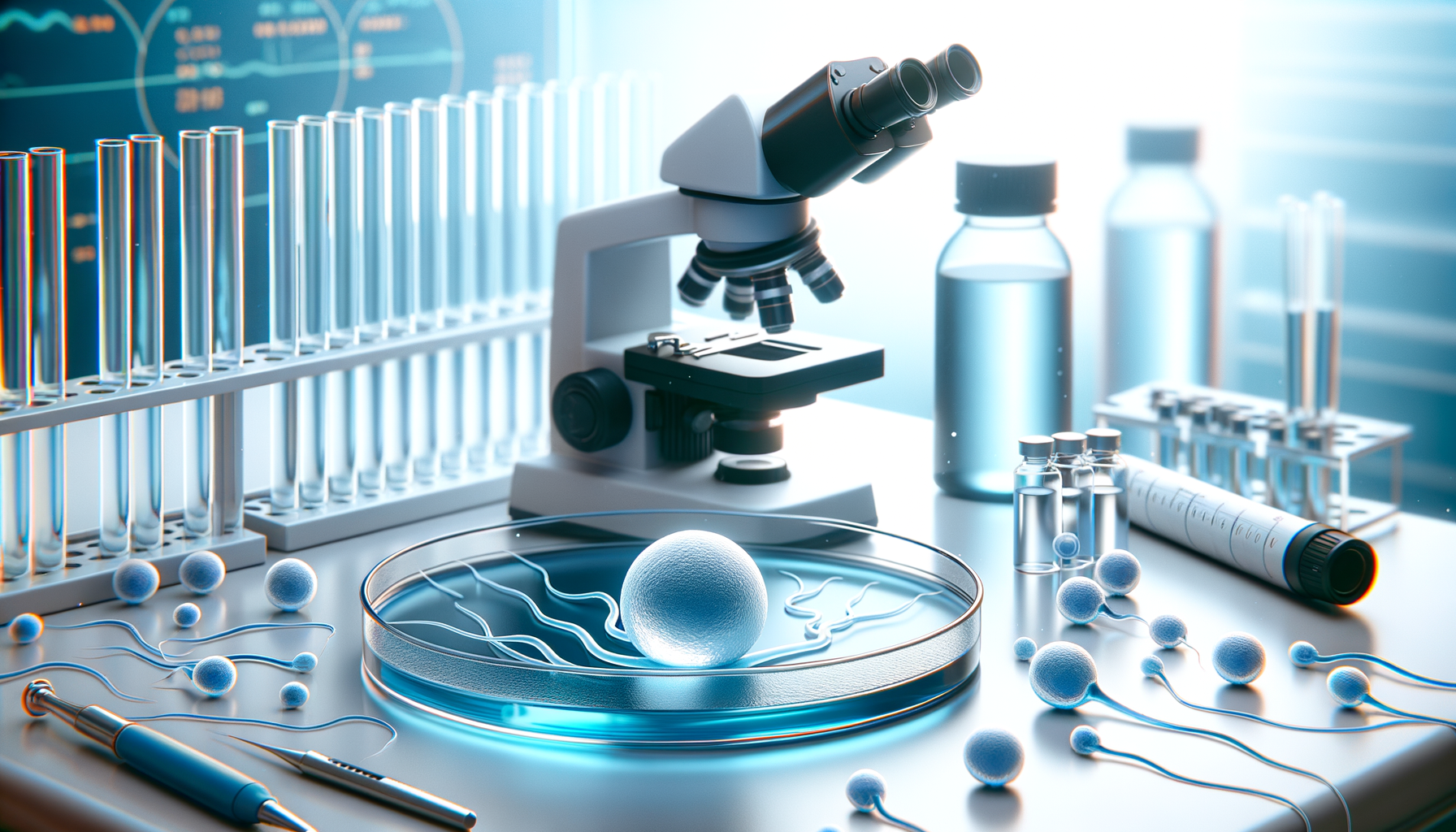When it comes to our furry friends, ensuring they receive the proper nutrition is crucial for their health and longevity. However, even the most well-intentioned pet owners can make common mistakes that could negatively impact their pets’ well-being. Let’s explore some of these common pet nutrition mistakes and how you can avoid them.
Understanding Pet Nutrition
Pet nutrition is a complex field that requires a good understanding of what your specific pet needs. According to Dr. Jane Doe, a renowned veterinarian, ‘Proper nutrition is the foundation of a pet’s health. It affects everything from energy levels to immune function.’ With that in mind, let’s dive into some common mistakes and how to avoid them.
1. Feeding Human Food
One of the most common mistakes is feeding pets human food. While it may be tempting to share your meal with your pet, many human foods are not suitable for animals. For instance, chocolate, onions, and grapes can be toxic to dogs and cats. According to the ASPCA, ‘Even small amounts of certain foods can cause significant health issues for pets.’
2. Overfeeding
Overfeeding can lead to obesity, which is a significant health issue for pets. According to a study by the Association for Pet Obesity Prevention, an estimated 56% of dogs and 60% of cats in the United States are overweight or obese. Keeping an eye on portion sizes and feeding your pet according to their age, weight, and activity level can help maintain a healthy weight.
| Pet Weight | Daily Caloric Intake |
|---|---|
| Small Dog (5-20 lbs) | 200-400 calories |
| Medium Dog (21-50 lbs) | 500-700 calories |
| Large Dog (51-100 lbs) | 800-1200 calories |
| Cat (8-10 lbs) | 200-300 calories |
3. Ignoring Specific Nutritional Needs
Not all pets have the same nutritional requirements. For example, a senior dog may need a different diet compared to a puppy. Similarly, a cat with kidney issues may require a special diet low in phosphorus. Consulting with your veterinarian to tailor a diet specific to your pet’s needs is crucial.
4. Inconsistent Feeding Schedules
Maintaining a consistent feeding schedule helps regulate your pet’s digestive system and prevents overeating. According to PetMD, ‘Establishing a routine feeding schedule can also help with house training and reduce behavioral issues.’
5. Neglecting Hydration
Water is a vital component of your pet’s diet. Dehydration can lead to severe health issues such as kidney stones and urinary tract infections. Ensure that your pet always has access to fresh, clean water.
6. Skipping Regular Vet Check-ups
Regular veterinary check-ups are essential for monitoring your pet’s health and nutritional status. Your vet can identify any dietary deficiencies and recommend appropriate supplements or dietary changes.
FAQs
What should I do if my pet is overweight?
Consult your veterinarian for a tailored diet plan and increase your pet’s physical activity.
Can I feed my pet a vegetarian diet?
While dogs can adapt to a vegetarian diet, it is more challenging for cats. Consult your vet for a balanced diet plan.
How do I know if my pet is dehydrated?
Signs of dehydration include dry gums, lethargy, and reduced skin elasticity. Always ensure your pet has access to fresh water.
Conclusion
Avoiding these common pet nutrition mistakes can significantly improve your pet’s health and longevity. Remember, when in doubt, always consult your veterinarian for advice tailored to your pet’s specific needs. By being mindful of what you feed your pet and maintaining a balanced diet, you can ensure a happy, healthy life for your furry friend.




Leave a Reply